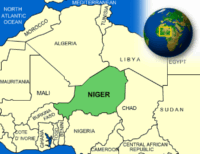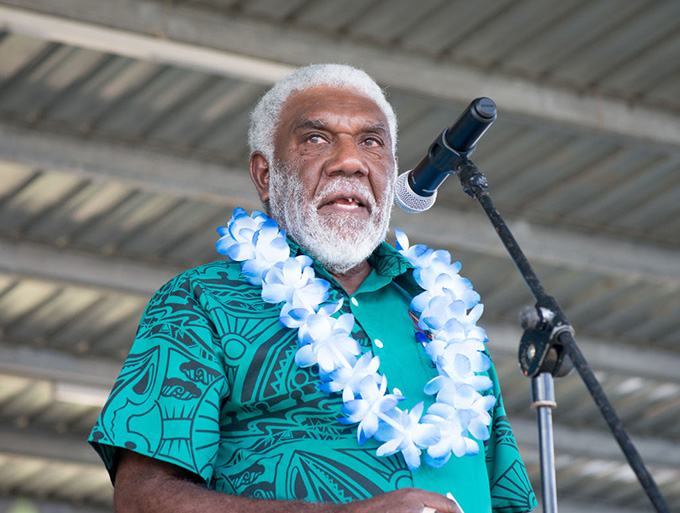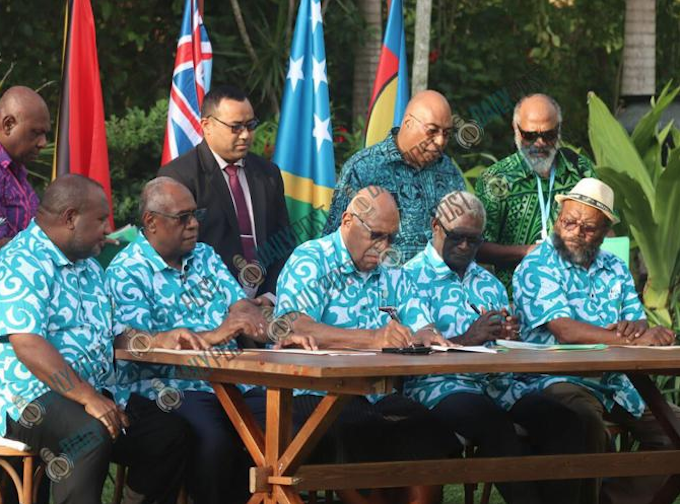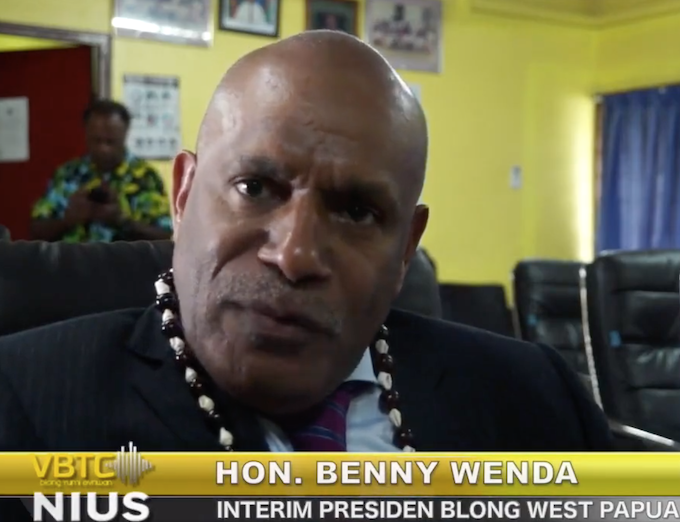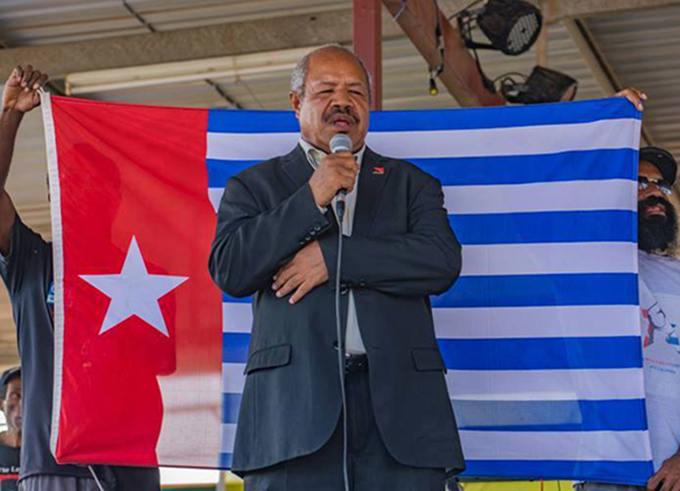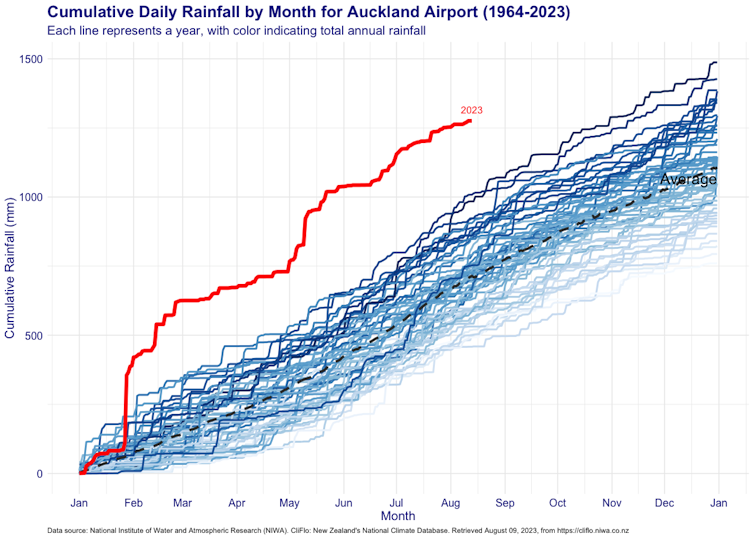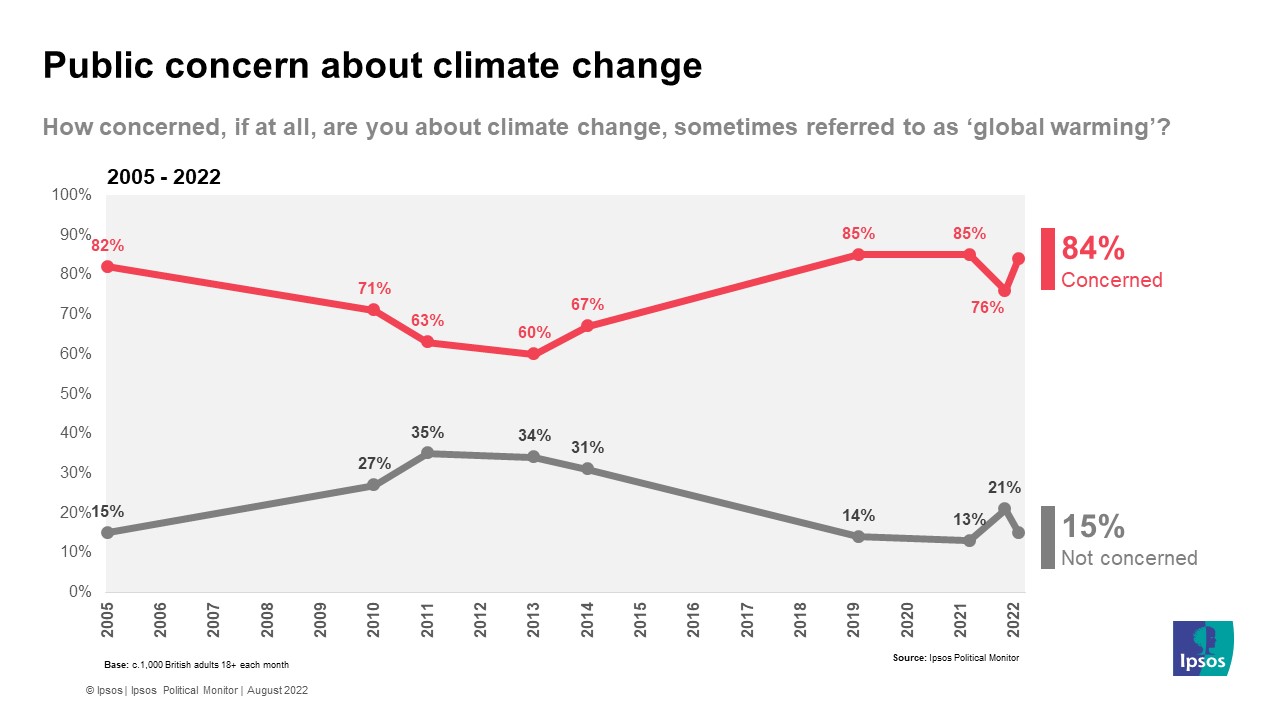Since the end of the Cold War, important, profound changes in the relations between capitalist states, coupled with equally sharp changes in the content of those relations, have seduced left-wing intellectuals and academics to embrace those countries whose governments clash– for untold reasons– with the political or economic demands of the US and its allies. They began to uncritically see these countries as fellow combatants in the struggle for social justice, for example, as anti-imperialists. Even upstart rivals for spheres of interest were seen as anti-imperialist, if they opposed US hegemony. Stated crudely, they present the enemy of their enemy — the US and the” West” — as their friend.
Why did so many on the left subscribe to this fallacy?
We must begin with the nature of imperialism in the Cold War.
The Cold War sustained unique, though historically bound alignments. The world was divided between socialist-oriented countries led by Communist or Workers’ Parties, the leading capitalist powers and their neo-colonies, and the non-aligned countries refusing to join in the anti-Communist crusade organized by the capitalist powers. Such a clearly defined order with an equally clearly defined conflict between the leader of the socialist camp, the USSR, and the leader of the capitalist camp, the US, led many to believe that the era of classical imperialism, the era of inter-imperialist rivalries, was over.
They were wrong.
The demise of the USSR and the emergence and intensification of numerous capitalist crises — political, social, ecological, and, especially, economic — created powerful centrifugal forces pulling apart the capitalist camp and dissolving its unity. In addition, global changes– the mobility of capital, the ready marriage of capital and labor in new regions and countries, inexpensive, effective transportation, the emergence of new technologies, new classes of commodities, and the commodification of public, common, and freely accessed goods — generated new competitors and intensified competition.
Crises and competition are the fertile soil of capitalist rivalries and state conflicts.
The world that emerged after 1991 had more in common with the world that Lenin knew before World War I than with the Cold War era and its clash of social systems and their blocs. Just as nineteenth-century capitalists strived to set the rules for peacefully carving up the world and establishing free trade by means of the Berlin Conference of 1884-1885, the post-Cold War capitalist allies sought rules, alliances, trade agreements, and the elimination of barriers to capital movement, commodity exchange, and labor exploitation globally. Both periods were widely heralded as triumphant for capitalism and its inevitable reach to every corner of the globe.
But as the great nineteenth-century powers came to understand, uneven development, upstart rivals, and ruthless competition disrupted the promise of peace and harmony. After a promising interlude of relative peace — the first period of modest Western harmony since the Napoleonic wars — the new nineteenth century order began to unravel with economic instability, conflicts, military build-ups, colonial resistance, and nationalist wars.
Similarly, the post-Cold War capitalist powers enjoyed an interlude of rapidly expanding world trade — so called “globalization” — and the regulatory guidance of powerful international institutions. This harmony, too, proved elusive, to be shattered by a series of economic crises and regional wars at the turn of the twenty-first century. The so-called dot-com crisis marked “paid” on a decade of capitalist swagger and the ideology of there-is-no-alternative. Rocked again by a global “little” depression, a European debt crisis, a false debt-fueled recovery, a global public health disaster, and now a prolonged period of stagnation and inflation, the promised concord of capitalist rule has been shattered on the shoals of constant wars, social and political instability, and economic dysfunction.
That is the capitalist world of today — not so different from the capitalist world on the eve of 1914.
The most farsighted thinkers of the turn of the last century saw the end of capitalism’s nineteenth-century stability and apparent harmony as an opportunity. Lenin and others perceived the beginning of a new era ripe for revolutionary change. They foresaw a stage of capitalism bringing war, misery, and suffering on the masses in Europe and beyond. For these visionaries, the only escape from the despair inevitably wrought by the dominance of finance and monopoly organized in a global system of imperialism was revolution and socialism. The tragic First World War proved them right.
Today, without a vision to rescue working people — those feeling the brunt of capitalism’s expanding crises, more frequent wars, displacement of people, and bankruptcy of solutions — the field of politics is left to the right-wing opportunists, the faux-populists, the demagogues, the nostalgia peddlers, and other assorted hucksters of right and left. Bizarrely, most of the Euro-American left treat these charlatans as though they were aliens dropping from the sky, rather than the natural, logical product of the vacuum remaining from a left that lacks ideological clarity, cohesion, and a revolutionary program.
More broadly, even “liberal” governments are turning to nationalism, trade barriers, tariffs, and sanctions, the traditional posture of the right. Largely not noted by the left, the Biden administration, for example, has continued most of the trade and sanction regimens, and even the immigration policies, of the Trump administration.
As capitalism retrenches behind narrow self-interest, fierce, ruthless competition, and state-against-state conflict, the vast majority of the Euro-American left continues to circle-the-wagons around an increasingly discredited liberalism and social-democracy. With no answer to a world of ever-growing nation-state rivalries and global tensions, far too many on the left are locked into a defensive strategy that promises more of the same or a return to an imagined “golden age”: before Trump and right-wing populism or before Reagan, Thatcher and market fundamentalism. Failing to locate capitalism’s decadence in capitalism itself, this left promises to manage capitalism to better results– a hundred-year-old delusion.
Equally delusional is the notion — popular with a prominent section of the left– that an emerging bloc or order constitutes the foundation of a powerful movement against imperialism when that bloc itself is made up of capitalist-dominated states or states with a major capitalist economic sector. If Lenin is right — and we have overwhelming reasons to believe that he is — capitalism is at the very core of the system of imperialist rivalry. How can capitalism-dependent states collaborate, putting aside their own self-interest, to create a world without competition, friction, conflict, and war between states, themselves made up of competing capitals? Is not capitalism the essence of imperialism, and rivalry, conflict, and war the inevitable outcome? Has there been a counter-tendency since Lenin wrote Imperialism in 1916?
Beginning thirteen years ago, with the foundation of a modestly alternative grouping of five powerful states denied access to the top, exclusive club of capitalist states, the BRICS alignment became a cause for some leftists. Based more on blind faith than anything promised by the BRICS members — Brazil, Russia, India, China, and South Africa — leftists nonetheless cobbled together an ideological construct called “multipolarity.”
When radical political prospects appear dim, when the prospect of socialism seems remote, many on the left turn to the global chessboard, pretending that some chess pieces represent the social change that they long for in their own backyard. Frustrated with the long, hard road of winning the masses in their own country to a program serving working people, leftists in the US and EU invest vicariously in the actions of other governments that, for various reasons, are in opposition to the US and the EU governments.
This surrogate identification must not be confused unthinkingly with solidarity or internationalism. Both solidarity and internationalism emerge with sympathy for other peoples and their interests or with their governments only when those governments are serving the people. Solidarity with Cuba, for example, is grounded on the long-standing resistance of the people of Cuba to the demands, coercion, and aggression of the US and its allies. Since the government of Cuba organizes and supports that resistance, it, too, earns our solidarity.
The zeal for multipolarity arises from a fact and a hope. It is indeed a fact that the US government may have lost some of its ability to impose its will on the rest of the world and that global powers have risen to challenge US domination. This accounts for some of the increasing conflict and chaos in international relations.
But the multipolarity zealots interpret this as a setback to the system of imperialism when it is, at best, a setback for US imperialism. The fallacy is in assuming that the capitalist challengers are somehow benign and that they, magically, will restrain their interests in order to establish global harmony and peace. There is no basis in historical precedence or contemporary currency for this assumption, beyond mere hope.
Certainly, it is a radical misread of recent history and today’s events. In just the last weeks, relations between the governments of Canada and India reached a boiling point, conflict between Armenia and Azerbaijan broke out again, and two joined-at-the-hip reactionary governments, Poland and Ukraine sued and abused each other. All occurring without US government sponsorship. Venezuela’s government — a strong proponent of the multipolarity ideology — is itself in a bitter conflict with Guyana over 160,000 square kilometers of oil-rich territory, rejecting a “consultative referendum” proposed by the government of Guyana.
The presence of multipolarity’s icons within BRICS hardly ensures that bringing down US hegemony will disable the imperialist system: members India and the PRC maintain festering relations that break out into open warfare from time to time. Brazil under Bolsonaro was openly hostile and confrontational with all the more progressive countries of Central and South America (which reminds us that imperialism is about governments and socio-economic systems and not simply countries), and Russia is hotly contesting with France over valuable resources in Central Africa.
And the new members of BRICS carry even more contradictory baggage. Egypt and Ethiopia have a long-standing water dispute that will not be resolved by BRICS. Iran and Saudi Arabia have an existential dispute carried on by proxy, notably in Yemen. The Saudis are prepared to recognize Israel in order to acquire nuclear technology to match Iran, an action hardly suggestive of peace and prosperity.
Is there a common progressive, anti-capitalist, or anti-imperialist interest uniting this formation? Or are they united merely for expediency in this or any other bloc that will have them? Modi’s India, for example, accepts membership in nearly all international formations — Western-oriented or otherwise.
It is magical thinking to believe that without the heavy hand of the US empire, imperialist predation and conflict will melt away. Lenin scoffed at Kautsky’s notion that multipolar harmony (ultra-imperialism) would follow World War I, and events proved him right.
Moreover, the idealism invested in multipolarity and BRICS has fallen far short of what contemporary leftists have thought, as Patrick Bond and others have shown (despite his use of the unhelpful concept of “sub-imperialism”). BRICS sets a very low bar in reordering global relations, contrary to the wishes of many on the left.
Activists in Johannesburg, during the most recent BRICS meeting, organized a BRICS-from-below event. Though spawned by the center-left, social democratic Rosa Luxemburg Stiftung, the South African coordinator made a keen observation:
Trevor Ngwane, said, “BRICS wants leverage. Instead of saying, ‘We are capitalists fighting to be bigger capitalists’, they want to get strong, they start pretending that if they get strong, life will get better for the working class. We know that there will be a question: Does this mean you favour America?
“During the Struggle, there was a party that used to say, ‘Neither Washington nor Moscow’, so we must not be swayed and convinced to choose between these two; we must find our own way as socialists towards socialism.
“The problem with BRICS projects is that it’s all top-down. It’s something organised by governments.”
Yes, BRICS is organized by governments, capitalist-oriented governments for the most part, as Trevor Ngwane is keenly aware.
But more importantly, he challenges how BRICS (and by implication, multipolarity) is in any way related to the goal of socialism. It is socialism that is missing from BRICS and the multipolarity discussion. A program offered to working people that merely shuffles the deck of capitalist powers is no answer at all.
In a recent discussion of BRICS and the Eastern Economic Forum among three leading exponents of multipolarity, there is not one word about socialism. There is talk of development, of startups, of public-private partnerships, strategic priorities, and investments — even of Russian hypersonic missiles — but not one word about socialism.
One discussant claims to capture BRICS with this piece of sophistry: “So we’re dealing really not only with a geographic split, but with a split of economic structures, a mixed public-private economy, not like the Western public-private partnership, which you socialize the losses and privatize the profits, but something where the aim is really not to make a profit, but to make the overall economy grow.” Capitalism with a human face?
For sure, there are multipolarity advocates who believe that they see multipolarity as a step towards socialism. They recognize in the deepening economic, social, political, and ecological crises facing capitalism that socialism may be a solution. But as John Smith so frankly puts it in an Interview: “Convincing people that socialism is necessary is not so difficult; what is much more difficult is to convince people that socialism is possible.”
We live in a time when, rather than joining with people, organizations, or parties that advocate, organize, and fight for socialism, many on our left have become observers of a chess game between capitalist governments, cheering any force that attempts to diminish US power. How this will or will not benefit the exploited masses of the world is of little count.
Smith, the author of a thoughtful analysis of twenty-first century imperialism, succinctly summarizes our challenge in the face of profound crises of capitalism:
Wherever we are subjectively, objectively, the necessity to begin a transition towards communism is posed by this existential crisis. There is no other way out for humanity than this. Anything that distracts us from this, any sort of fantasy that some kind of a multipolar world will be better in any way, must be dispelled because we do not have any more time to waste.
This post was originally published on Dissident Voice.




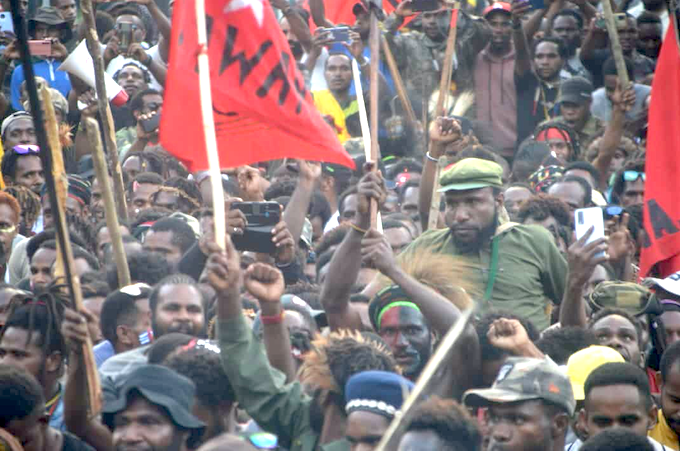
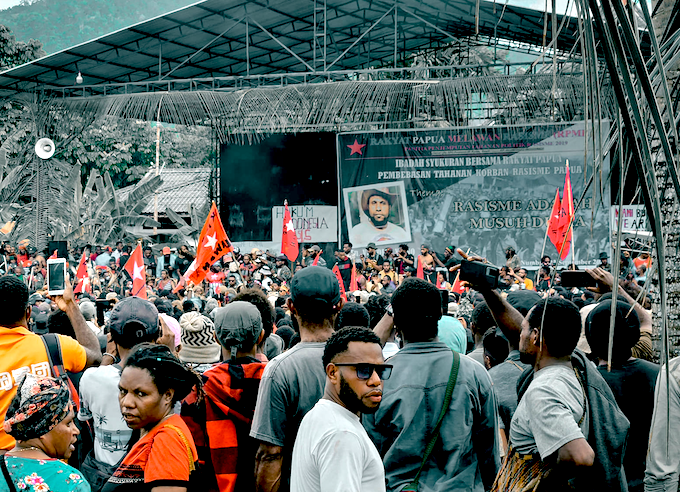
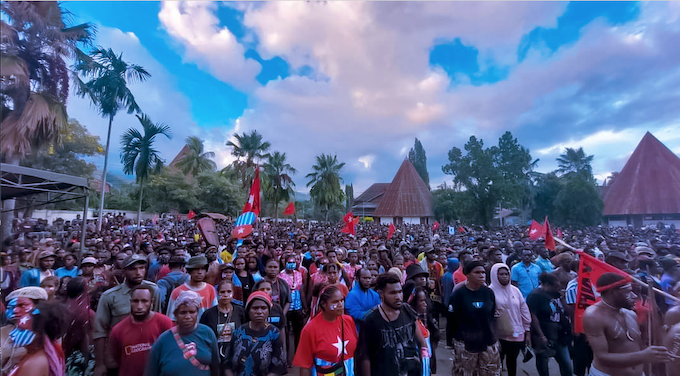

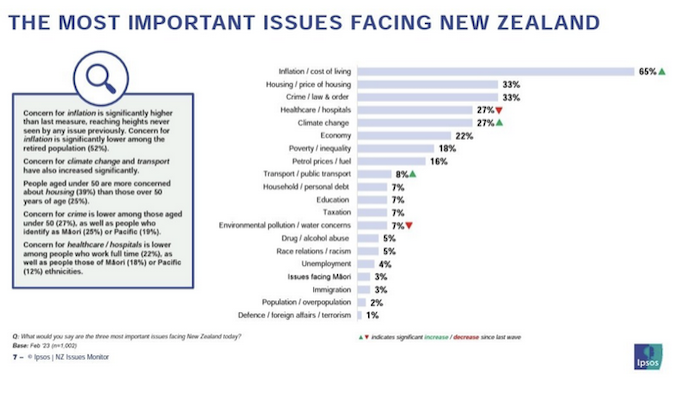
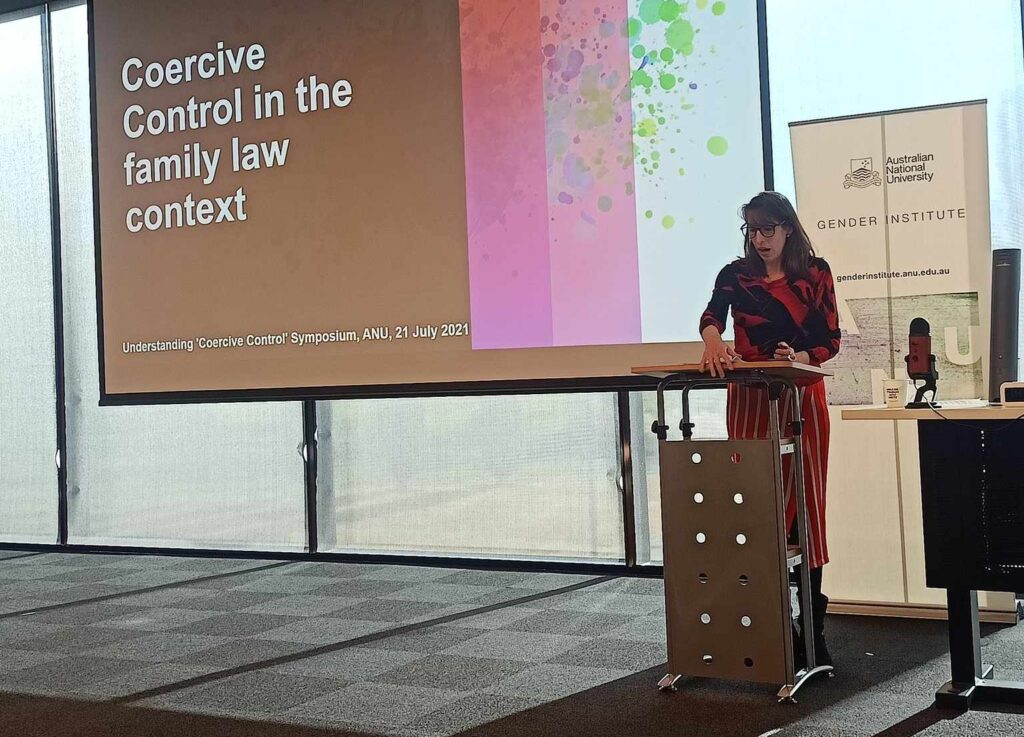

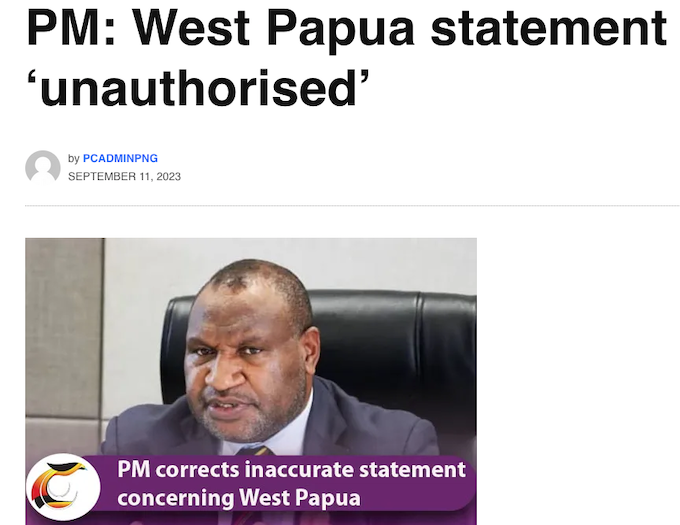
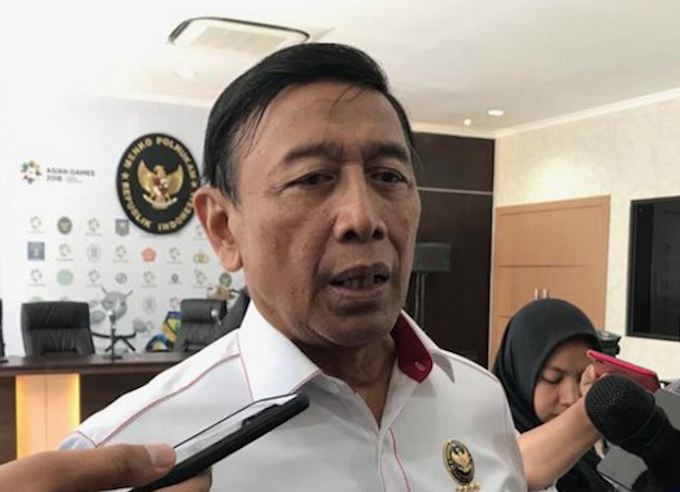
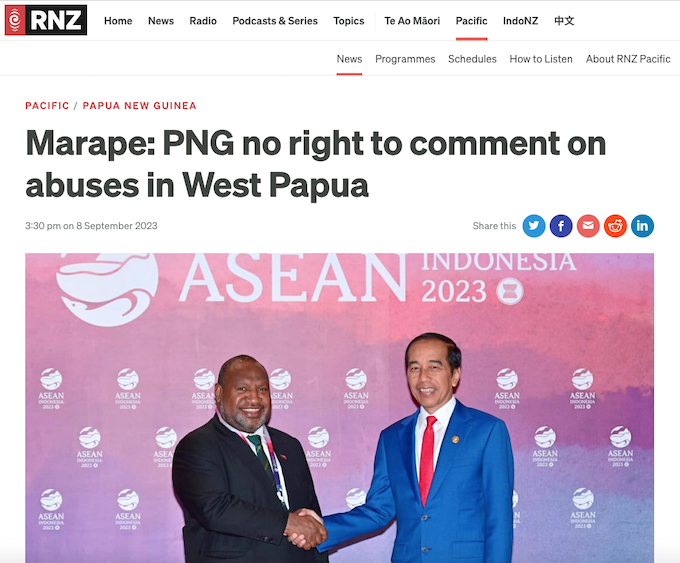


 (@mrdavemacleod)
(@mrdavemacleod)  (@reece_dinsdale)
(@reece_dinsdale)  (@rahhead01)
(@rahhead01) 

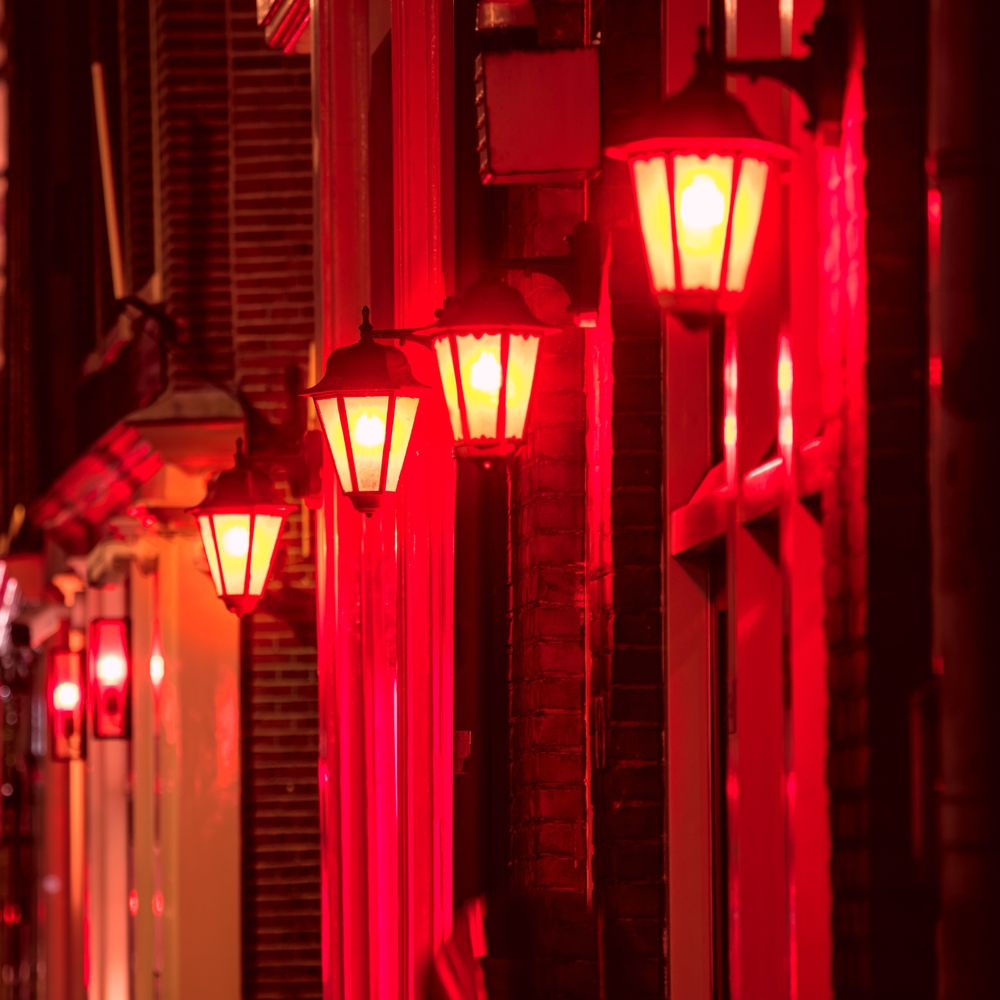

 (@Tom___Scott)
(@Tom___Scott) 
